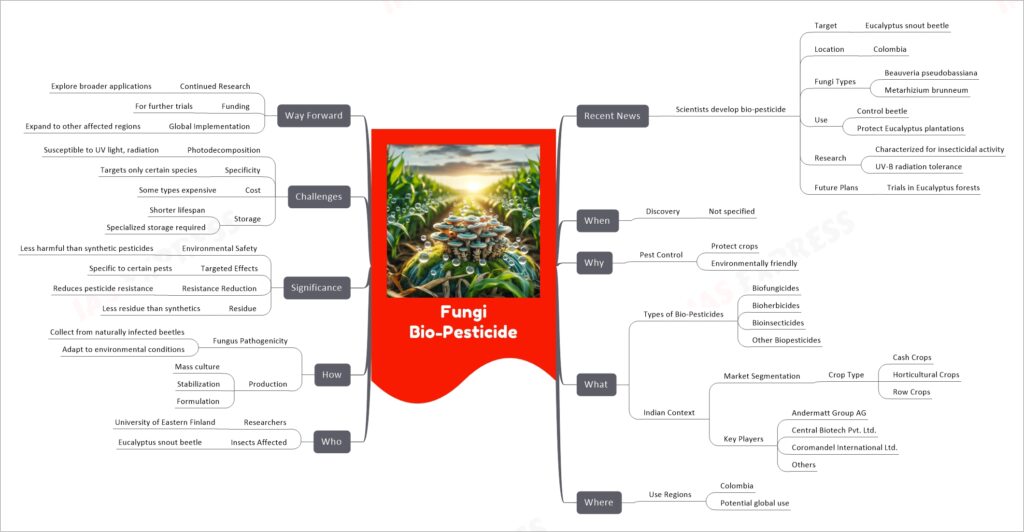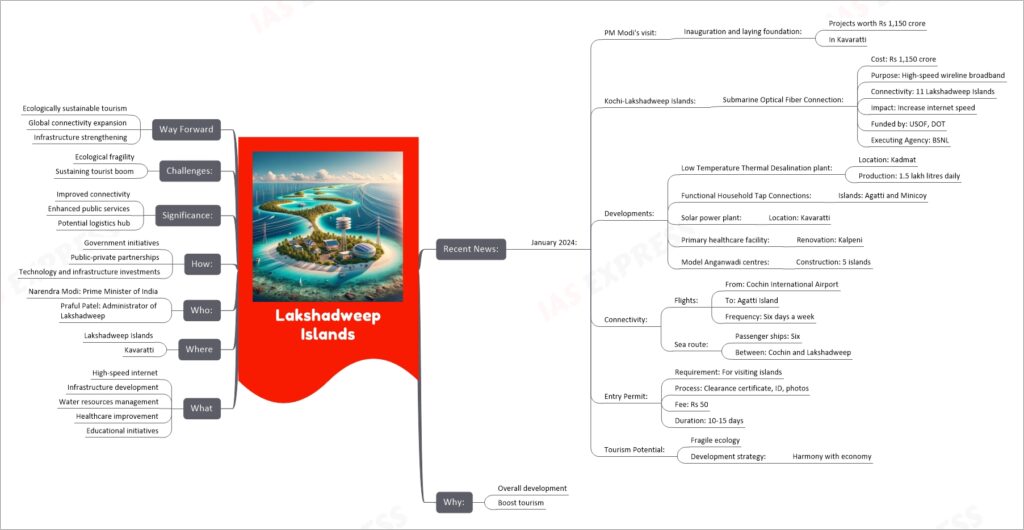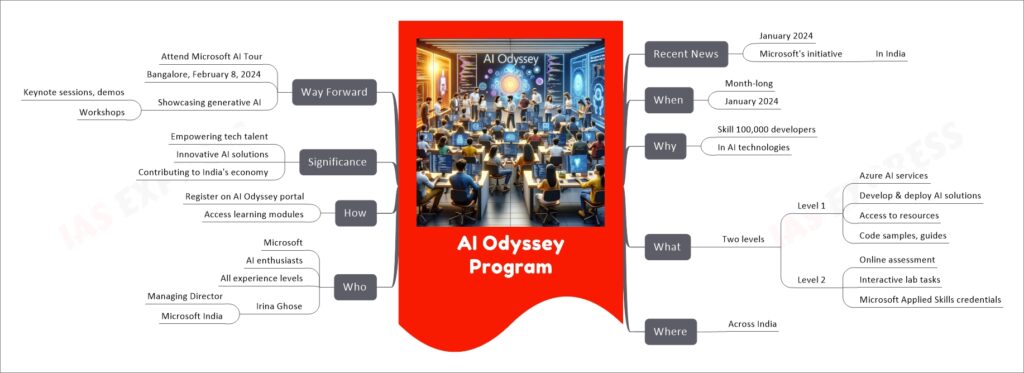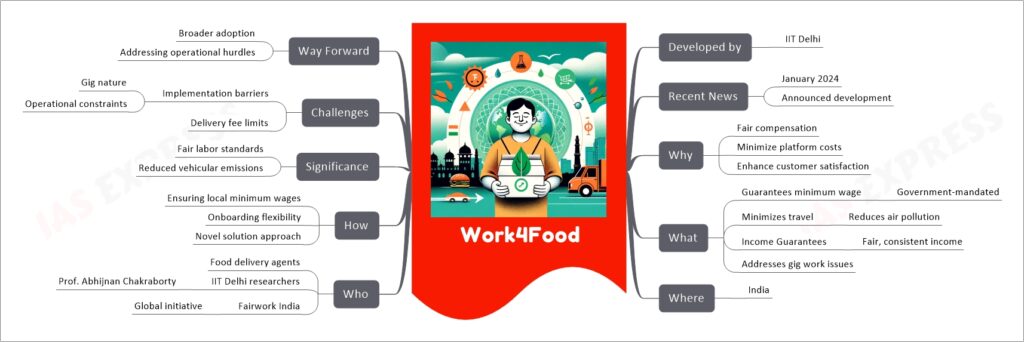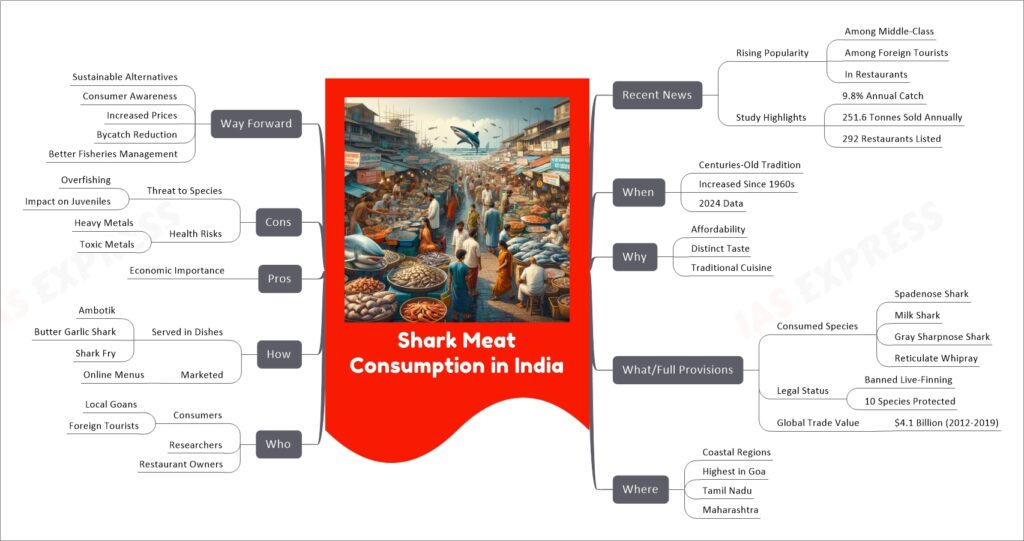[Newsbits] 10.01.2024: Shark Meat Consumption in India, Fungi Bio-Pesticide, Work4Food & more
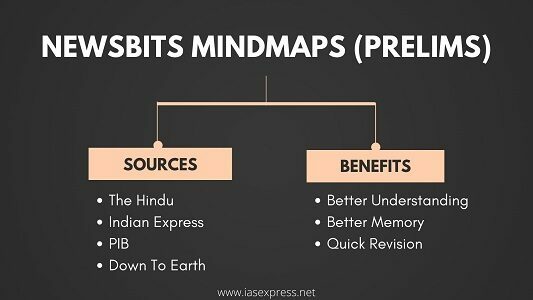
Fungi bio-pesticide refers to a type of environmentally friendly pest control that uses fungi to target specific pests, such as the Eucalyptus snout beetle. This form of bio-pesticide, developed through research efforts like those by the University of Eastern Finland, offers an alternative to traditional chemical pesticides. It’s characterized by its adaptability to environmental conditions, targeted pest control, and lesser environmental impact. In India, the bio-pesticide market includes various forms, segmented by crop type and is supported by companies like Andermatt Group AG and Coromandel International Ltd. The main advantages of fungi bio-pesticides include their environmental safety, specific targeting of pests, reduced resistance, and minimal residue. However, challenges include their vulnerability to photodecomposition, limited pest targeting, higher costs, and specialized storage requirements. The future of fungi bio-pesticides lies in ongoing research, securing funding for further trials, and expanding their use globally. In January 2024, the Lakshadweep Islands witnessed significant developments led by Indian Prime Minister Narendra Modi, focusing on overall development and boosting tourism. Key initiatives included inaugurating projects worth Rs 1,150 crore in Kavaratti and establishing the Kochi-Lakshadweep Islands Submarine Optical Fiber Connection for high-speed internet. The project aims to connect 11 Lakshadweep Islands, improving internet speed and enhancing public services like healthcare, education, and digital banking. Additionally, infrastructural developments such as a desalination plant, tap connections, a solar power plant, and healthcare facilities were initiated. The focus remains on balancing ecological sustainability with economic growth in this fragile archipelago. The AI Odyssey program, launched by Microsoft in January 2024, aims to skill 100,000 developers in India in the latest AI technologies and tools. This month-long program is accessible to all AI enthusiasts, regardless of their background or experience. It is structured into two levels: the first focuses on using Azure AI services to develop and deploy AI solutions, providing participants with resources, code samples, and guides. The second level involves an online assessment with interactive lab tasks, leading to Microsoft Applied Skills credentials. Successful participants also have the opportunity to attend the Microsoft AI Tour in Bangalore. This initiative by Microsoft, under the guidance of Irina Ghose, Managing Director of Microsoft India, is significant in empowering India’s tech talent and contributing to the country’s economy through innovative AI solutions. “Work4Food” is an innovative program developed by researchers at IIT Delhi, launched in January 2024. It’s designed to ensure fair compensation for food delivery agents in India. The initiative guarantees that these workers receive a minimum wage as mandated by the government, addressing a major issue in the gig economy where workers often don’t earn enough after accounting for expenses like fuel. Work4Food also aims to minimize travel for delivery agents, thereby reducing air pollution. A critical component of this program is the income guarantee, allowing delivery agents to earn a fair and consistent income. This approach not only benefits the workers but also addresses operational challenges faced by food delivery platforms. While the program promises to enhance labor standards and reduce environmental impact, it also faces implementation barriers due to the nature of gig work and operational constraints in the industry. Micro and nanoplastics, defined as tiny plastic particles less than 5mm and 1μm respectively, have become a significant concern for environmental and human health. Recent studies, including those conducted in 2024, reveal the alarming presence of these particles in everyday items such as bottled water, with reports indicating up to 240,000 nanoparticles per litre. Found in various locations like beaches and food products, these particles are a global issue. Key organizations like the Columbia Climate School are involved in researching their impact. The detection methods include novel microscopy techniques and data-driven algorithms. Micro and nanoplastics pose serious health risks including carcinogenic properties, genotoxicity, and metabolic disruption, and they also have detrimental effects on ecosystems, such as disruption and the emergence of antimicrobial resistance. The way forward involves increased awareness, more research to address knowledge gaps, and thorough impact assessments. Shark meat consumption in India has been a traditional practice for centuries, primarily among tribal and coastal communities. Recently, there has been a significant rise in its popularity, especially among middle-class consumers and foreign tourists, with approximately 251.6 tonnes of shark meat being sold annually in Indian restaurants. This increase poses a threat to shark species, many of which are already facing extinction due to overfishing. A notable shift has occurred since the 1960s, with an expansion in the variety of sharks consumed, including endangered species. The consumption is highest in states like Goa, Tamil Nadu, and Maharashtra. The rise in shark meat demand has led to concerns regarding sustainability and the impact on marine ecosystems, prompting suggestions for increased consumer awareness, sustainable alternatives, and better fisheries management.